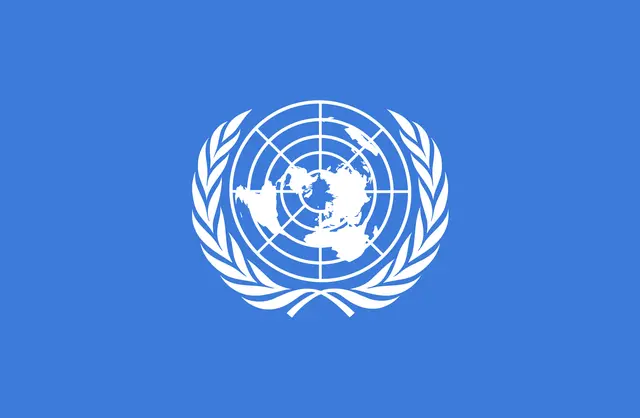Violence, terrorist acts and armed conflicts across Iraq killed a total of 239 civilians and wounded 273 others in July, the United Nations Assistance Mission for Iraq (UNAMI) said on Tuesday.
A UNAMI statement said figures of casualties do not include security members, as the Iraqi military declined to give information about casualties among the troops.
Previous figures of security members' casualties released by UNAMI were questioned by the Iraqi military as "inaccurate," while UNAMI responded "the military figures were largely unverified."
Most of the civilian casualties occurred in Iraq's northern province of Nineveh, where 121 were killed and 112 others injured in battles between Iraqi forces and Islamic State (IS) militants in western Mosul.
Jan Kubis, the UN envoy to Iraq and the UNAMI chief, condemned the terrorist actions by IS group "which caused enormous suffering to civilians by using them as human shields up to the final moments before the group was crushed in Mosul and victory declared by the government of Iraq on July 10," according to the statement.
Kubis reiterated his call to protect civilians in the conflict as the Iraqi forces prepare for further offensives to "liberate the remaining parts of the country from the scourge of Daesh (IS group), it said.
"As we commend the Iraqi forces' humanitarian concept of operations that has put civilian protection and assistance to IDPs (Internally displaced people) at the center of the battle plan for Mosul, it is imperative that the protection of civilians continues to be the top priority in the conduct of military operations going forward," the statement added.
UNAMI statement came as the Iraqi Prime Minister Haider al-Abadi on July 10 officially declared Mosul's liberation from IS after nearly nine months of fierce fighting to dislodge the extremist militants from their last major stronghold in Iraq.
On July 29, Abadi declared a new plan to be implemented soon to liberate the IS-held town of Tal Afar from the extremist militants, which will include the participation of the predominantly Shiite paramilitary Hashd Shaabi units and Sunni tribal fighters.
The Iraqi forces still have to wage more offensives to drive out IS militants from their redoubts in Hawijah in southwestern Kirkuk, the adjacent sprawling rugged areas in eastern Salahudin province, in addition to the remaining IS strongholds in the border towns with Syria, including Aana, Rawa, and al-Qaim.
Many blame the current chronic instability, cycle of violence, and the emergence of extremist groups, such as the IS, on the United States that invaded and occupied Iraq in March 2003, under the pretext of seeking to destroy weapons of mass destruction in the country.
The war led to the ouster and eventual execution of former Iraqi President Saddam Hussein, but no such weapons have been found.
 简体中文
简体中文

